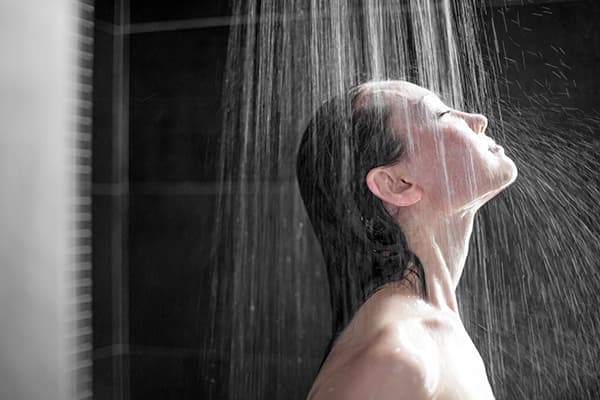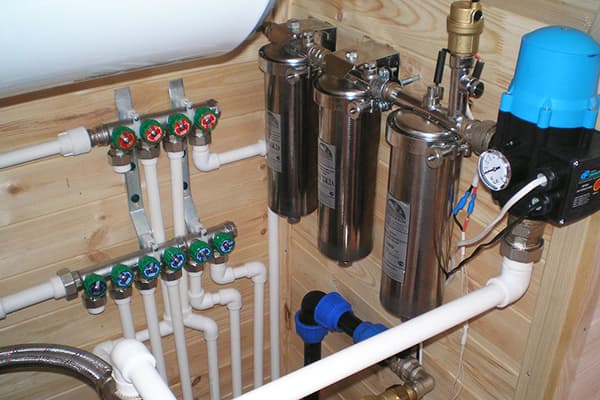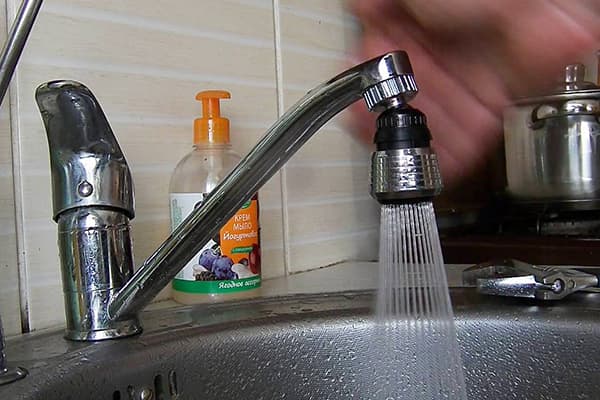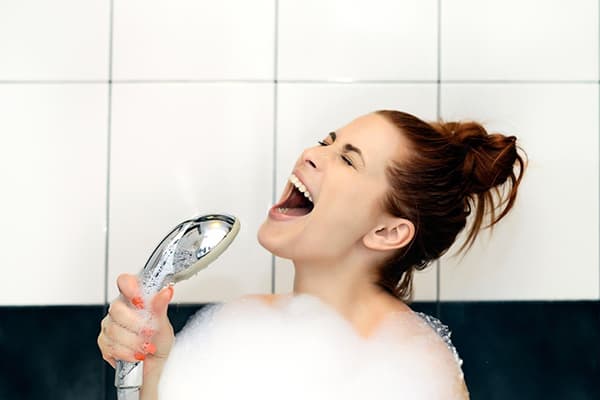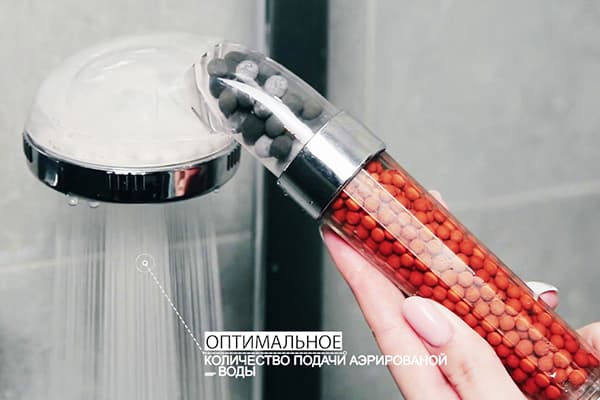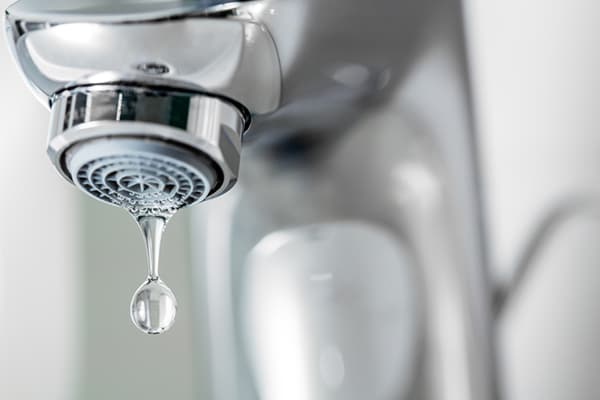How to save water in an apartment: legal methods, tips and secrets
The need to save water in an apartment today is clear to every Russian. There are both economic reasons (constantly rising water supply tariffs, declining real income levels) and environmental considerations. At the same time, most people are not ready to deny themselves the necessary level of comfort. Let's look at the best ways that provide real savings and do not involve breaking the law.
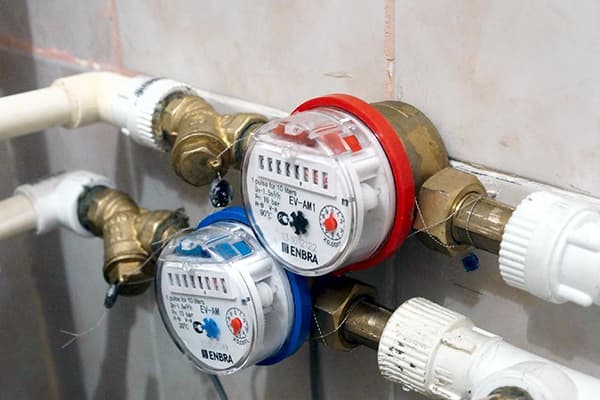
Why shouldn't you break the law?
Having received another payment receipt requiring them to part with a large amount when paying for consumed water, many people think about how to “cheat” the meter. However, all manipulations of this kind (for example, attaching magnets to the meter, rewinding readings using a vacuum cleaner and other options) are illegal, and we categorically do not recommend resorting to them.
Attempts to stop the meter or distort its readings are easily detected:
- A magnet installed on the body leaves traces of magnetization on the parts of the water measuring device. These deviations from the natural magnetic field are determined using an instrument called a Teslameter. Such a device is at the disposal of any Vodokanal controller.
- Another mark that illegal manipulations leave are scratches and chips on the body. The inspector's trained eye easily detects such signs.
- Imbalance between the readings on the common (house) meter and the meter in the apartment.Two or three magnets per entrance are enough for the difference to become noticeable and for Vodokanal to send inspectors to the apartments.
From a legal point of view, attempts to block, slow down or rewind the meter are classified as fraud. The punishment for such actions can be a large fine, and with repeated offenses it is quite possible to end up in prison for 2 years.
The need to pay a large fine, suffer losses in reputation, and risk your own freedom makes any attempts at deception unreasonable. This is especially obvious for people familiar with saving techniques that are not prohibited by law.
Principles of saving water
It seems that saving water is quite simple: you just need to turn off the taps whenever you are not using water. However, when trying to adhere to such a regime in everyday life, failures often arise: either you don’t want to lose the set comfortable temperature, or your memory simply fails. After several such failures, the monthly payment again turns out to be high, and it becomes doubtful that such savings will achieve anything.
Unsuccessful attempts are a sign of fundamental errors when planning a saving regime. Here are some basic principles to follow:
- Awareness and voluntariness. All family members should understand why it is necessary to turn off the taps on time and apply other saving techniques. If someone begins to limit themselves, and someone ignores the rules of economy, the efforts spent will not bear fruit.
- Awareness. A water meter is your reliable assistant in the fight to save the family budget from overload. Introduce weekly reading checks into family practice and calculate the amount saved.This will clearly show the result of the efforts of all family members and will not let you forget for what purpose the system of self-restraint is used.
- Positive motivation. Introduce the practice of small financial incentives for all family members during the period when water consumption is reduced. Even a very modest gift given to yourself or loved ones will help lift your spirits and emphasize the importance of your efforts.
The main wish: it is necessary to achieve results without reducing the quality of life. The easiest way to save water is to stop washing your face, washing clothes or washing dishes. But for any reasonable person it is clear that such “simple solutions” are unacceptable, since their consequences are a bad mood, deteriorating health, and a decrease in life satisfaction.
General areas of savings
In order to correctly build a system of measures to combat water conservation, it is necessary to understand why meters give high readings. To do this, it is worth observing family habits and everyday practices that have developed in everyday life for one to two months.
For each home, the set of necessary measures will be slightly different. However, some typical recommendations can be identified. Here's what experts advise:
- Always maintain the plumbing installed in your apartment in good condition.
- Use proven water saving techniques that are proven to work.
- As soon as possible, purchase and install water-saving devices.
- Optimize the use of household appliances (washing machine, dishwasher, etc.). Turning on the machine to wash a pair of socks is clearly not practical.
Of course, no one prohibits creativity.Perhaps you or your family will come up with new recommendations that will add to this list.
Save water in the kitchen
The kitchen is one of the places where you have to use water frequently. Washing dishes, cooking food, keeping surfaces and equipment clean - all this requires expense.
Here's what experts advise to optimize your kitchen experience:
- First step to reduce monthly consumption - install a special nozzle on the faucet that sprays water. This device can be easily mounted on any faucet, and installation requires virtually no plumbing skills. Using this device allows you to spend 40% less water compared to your normal monthly consumption. This step provides noticeable savings and quickly pays for the cost of purchasing the nozzle.
- Second step – refurbishment of plumbing fixtures. If rare drops fall from the tap, this will give about 150 liters of consumption every month. If the leak is more noticeable, the consumption will be even higher. It is worth having your plumbing repaired as quickly as possible. If it is impossible to solve the leak problem immediately, you should at least try to collect the falling drops in substitute containers and then use them for various needs.
- Third step – proper organization of the process of washing dishes. Washing dishes under running water is wasteful by the standards of countries with long traditions of conserving natural resources. Of course, washing all the dishes in one basin, as is customary in England, seems too strange to us. But if you first rinse dirty plates, then wash them with the product (turning off the tap), and then rinse again, the savings will be noticeable.
Try to do the dishes right after lunch or dinner.Then food residues will not have time to dry out, which means washing will take much less time and waste fewer resources.
Consider using modern dishwashing technology. Thus, using a dishwasher saves up to 40 liters per day. Even installing a faucet with a claw instead of the old model of a mixer with two screw wings can provide some savings by reducing the time spent on each opening and adjustment.
Bathroom: what can you come up with here?
The bathroom is another room where high water consumption is allowed. Periodic bathing, children's pranks with water while washing hands, frequent use of the washing machine - all this significantly increases the total amount in the monthly payment document. Fortunately, optimization can be achieved here too.
- An important step is replacing the old mixer or repairing the faucet axle boxes. The economic effect of this operation is no less than in the kitchen. An additional step is to install a sprayer on the faucet.
- Optimizing hygiene procedures also helps reduce the number on your bill. Taking a shower instead of a bath, brushing your teeth and shaving with a glass of water rather than with a running stream, and stopping children's pampering can achieve savings of 40–50%.
- Optimizing the laundry regime also gives good results. If you don’t turn on the machine half-empty and don’t use long washing modes unnecessarily, it’s quite possible to use only 600 liters of water per month instead of 1000–1100.
Of course, creating a habit of saving water will require certain volitional efforts and emotional costs. But the result of such work is not long in coming.
Water-saving shower head: does it really help?
An effective solution to the problem of saving water is an aerator installed on the shower to save. An ordinary shower head, depending on its design, flows from 1 to 12 liters of water in 60 seconds. This means that a ten-minute shower will waste 100–120 liters.
Manufacturers of economical shower sprayers claim that such devices spend no more than 5 liters per minute. Operating experience shows that real savings, if they do not reach such optimistic indicators, differ from them insignificantly. Saving 40 liters out of every 100 liters is a tangible effect that quickly pays for the purchase of a special nozzle.
Serviceable plumbing is a necessary condition for saving
So that when living in an apartment with a water meter you are not afraid of the amounts in the payment document every time, you need to pay special attention to the condition of the plumbing. The most common problem areas are dripping taps and a leaking toilet tank. This problem is especially relevant when moving to a new home.
We have already described the water flow created by dripping taps. A leaking cistern is an even more insidious enemy of the economy mode. If the drops falling from the faucet gander are difficult to miss, then in the toilet a leak of the same force may not be noticeable. Moreover, in one day such a leak will create a loss of 50 liters or more, and in a year the damage will already reach 18,000 liters! Such losses are completely unacceptable.
To detect a leak, monitor the behavior of the meter after draining the water. If the hum in the tank has stopped, but the meter impeller continues to turn (with the taps closed), then there is a leak.
Even if a toilet doesn't waste water, it can be redesigned to reduce water usage. The simplest method is based on reducing the volume of the tank.It is necessary to either adjust the float or place a 1.5–2 liter plastic bottle in the tank. These actions will reduce the amount of water lost per flush, but in some cases the reduced volume will not be enough. A more advanced way is to install a dual-mode button.
Saving water is a responsible process that requires the daily efforts of all family members. It will take several months to form good habits, but the addition of additional money to the family budget will more than compensate for all the sacrifices.
